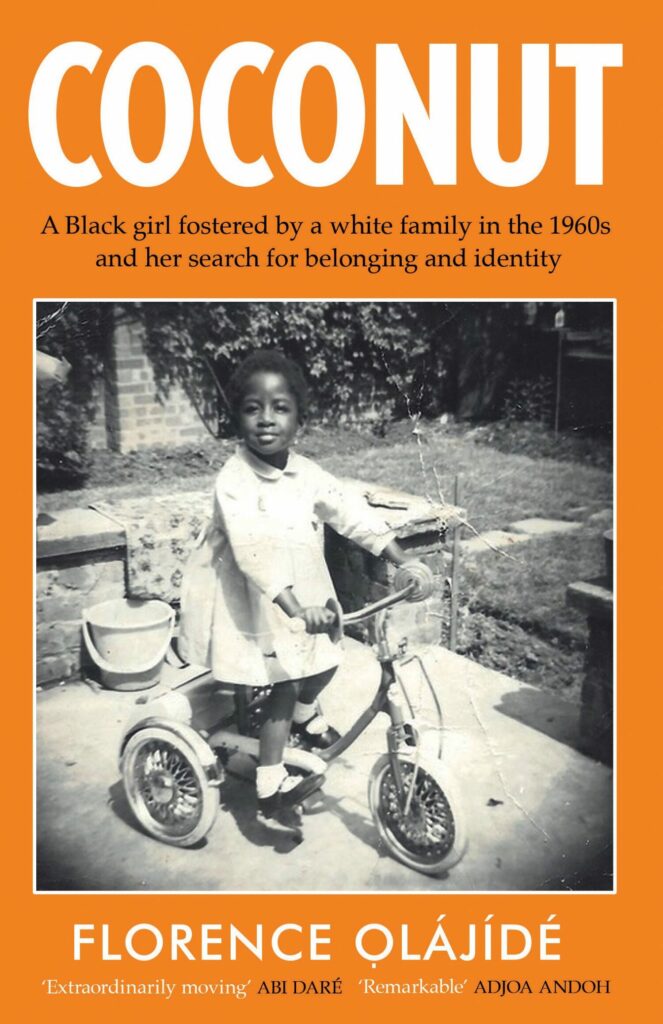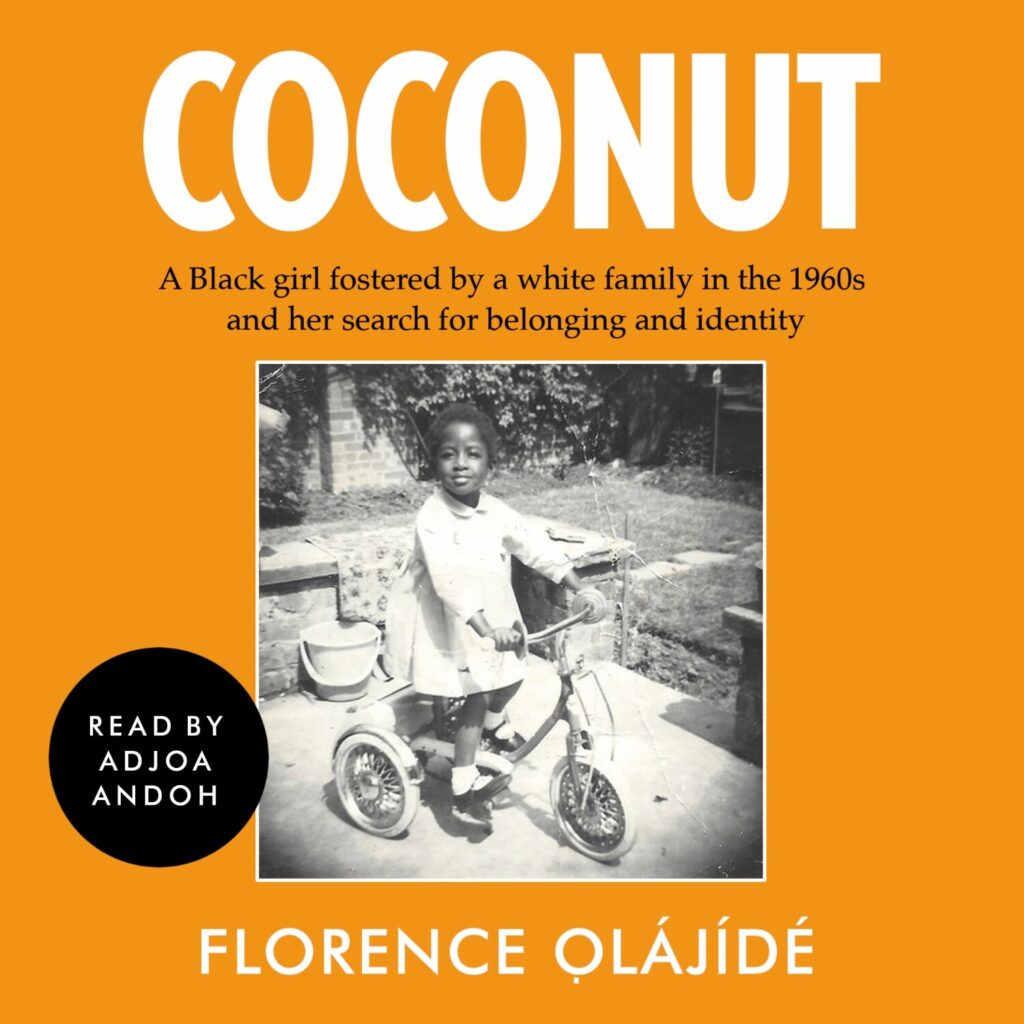The Farmed
An exclusive from Florence Ọlájídé.
I spent the four months from March to July 2020 in lockdown, scurrying away at my computer, determined to make the most of the opportunity that the enforced captivity provided. My goal: to finish the memoir I started fifteen years earlier. Why had it taken so long? You might well ask. My answer: life. I found I could not live life and write at the same time. It had to be one or the other. Writing consumes me, taking me to a place where nothing exists except for me and my computer. In the preceding decade and a half, opportunities for such luxuriating self-indulgence only occurred during the six-week summer breaks when I took a well-earned break from the grind of my day job. But those summer spells were never enough to get much done, so from summer to summer, my memoir languished in the land of the unfinished. That was, until the summer of 2020, when fortune, providence, or – as I believe – my Maker, smiled on me. I finished the book and Thread offered me a publishing deal.
From that moment, my world changed in ways that I could not have foreseen. What’s it been like? A whirlwind. Editing, promoting, events, interviews – all the things I never imagined. I’d never thought beyond getting a book deal, since I knew how hard that was from my daughter’s previous experience. In fact, I was quite surprised at how well my publisher liked my offering. I had expected my story to resonate with other African ‘farmed’ children. I knew a few myself, and that we shared commonalities. But nothing caught me more by surprise than the range of people who reached out to tell me how much they loved reading my story. They came from all walks of life: teachers of students from ethnic minority backgrounds; parents and grandparents raising dual heritage children; people with mixed heritages, such as a young woman from a Portuguese and Italian background; white British women divorced from Nigerian men; Eastern European immigrants in London facing the Brexit backlash. It was overwhelming to say the least, and as I watched the Amazon review count grow – yes, it’s addictive – it unfurled in me a new awareness that my experience was more universal than I’d allowed myself to think. Not the specifics, but the sense of longing, of wanting to belong somewhere.
About three months after publication, the real magic happened. A woman, Remi, contacted me via my website. She’d been privately fostered, like me, was of similar age, and she’d never met another person with a similar story and heritage. I emailed. She replied, and we made a telephone date. Our first call must have lasted two hours. It was like finding a long-lost sister in the middle of a desert. Our stories had uncanny overlaps. In our infancy, our foster families lived streets apart, and we played in the same park. She even had a foster brother who shared my birthday. As the weeks went by, our friendship grew, and soon we met and introduced our spouses.
In May 2022, the magic reoccurred when another woman, Gloria, reached out, and thanks to the power of WhatsApp, our duo became a trio. Until she read Coconut, Gloria did not understand the issues our parents’ generation faced and what motivated them to ‘farm’ out their children. Raised in rural Kent by elderly white foster parents who eventually adopted her, Gloria grew resentful of her Nigerian heritage. That was until she watched the film, Farming by actor and director Olawale Akinnuoye-Agbaje and read Coconut. Only then did the missing pieces of the puzzle slot into place for her, and since then, she has been on a ferocious journey of reconnecting with her Nigerian heritage.
In June 2022, I was invited to Basildon Library as a guest author at the 2022 Essex Book Festival. My host Sade Fadipe, herself an author, introduced me and the interview began. When she said, ‘You wrote the story I could have written,’ I was more than startled. Afterwards, Sade told me about how she’d found my book through a mutual friend and had wept through the first few chapters.
Sade explained that the impact Coconut had on her was three-fold. The first six chapters took her through a grieving phase, where she relived the childhood pain of separation from her own foster parents in England. ‘It validated everything I had experienced. It validated my pain, and my nostalgia to reconnect with my foster mother,’ she said.
The second phase took her through her secondary schooling in Nigeria, sadly a difficult time for her. My account of the coping strategies I used gave her an insight into why she was less successful at that phase of her life. The third phase had to do with parenting, as she experienced similar cultural challenges in raising her two daughters. In her own words, she says, ‘Reading Coconut has been eye-opening. It’s helped me rethink and re-process. It’s helped me come to terms with frustrations associated with my past.’
Needless to say, Sade joined our club, and on one sunny July afternoon, the four of us met at Banke’s Kitchen, a Nigerian restaurant in the heart of Hackney, in London. Here, four women, bound by a common heritage, found a deep elemental kinship that transcended anything I’d ever experienced. We didn’t plan it. It started out with all of us being quite prim and proper British‑Nigerians. We tried ordering a selection of meals like we would in a Chinese restaurant. Since we weren’t familiar with some dishes, it made sense to order a selection to try. But that idea didn’t work for our server, who insisted on taking each person’s separate order. We gave in and each ordered our meals, expecting them all to arrive together. Boy, were we disappointed when Remi’s dish arrived and nothing else!
It was nearly 2 p.m. and, famished, we watched Remi wash her hands then dip her fingers into the hot bowl of amala with okra stew. Perhaps it was the hunger, the temptation, or pure African instinct. Without saying a word, we all washed our hands and joined in the feast. Even when the other dishes started arriving, we continued sharing dishes. Our arms criss-crossed as we dipped into the bowls of ‘swallow,’ the vernacular for any of the starchy Nigerian staples, leaving fingerprints all over the place. Then, fingers found stew before hitting the final destination – the owner’s mouth. I wasn’t aware of it at first, but some of my ‘sisters’ were studying my hand‑to‑mouth technique for okra control (you’ll have to read Coconut to understand what that’s all about). The last time I had a communal African meal, I was eight and competing against my hardy cousins for the meagre food. This couldn’t have been more different. It was surreal – the camaraderie, laughter, and pure joy!
Less than a month later, another woman, Lydia, reached out and joined our clan. My sisters are on a journey to find themselves like I did. We are all at different places but moving forward. In a recent conversation, Gloria said, ‘If it wasn’t for you, Florence, I might still have been lost and wandering. Instead, I am found.’ Remi echoed the sentiment. ‘If it wasn’t for you, I would be in a very different place. You opened the door for me and for that, I will be eternally grateful.’
I am humbled by the part my life story has played in these incredible women’s journeys. If there’s one thing we’ve all learnt, it’s that nothing beats the joy of being truly seen. It very much reminds me of a catchphrase in one of my favourite movies, Avatar: I SEE YOU! And we see each other, in ways no one else can. In Coconut, I wrote a story of cultural conflict and difference. It’s a rather sweet and poignant irony that its lasting legacy for me will be one of cultural bonding and togetherness.
Coconut
Florence Ọlájídé
‘Why am I not white?’ Nan came and sat on the edge of my bed. A tender finger brushed against my cheek. ‘Everyone in this house is white. Why am I Black?’
-
Ebook
-
Audiobook
-
Paperback

